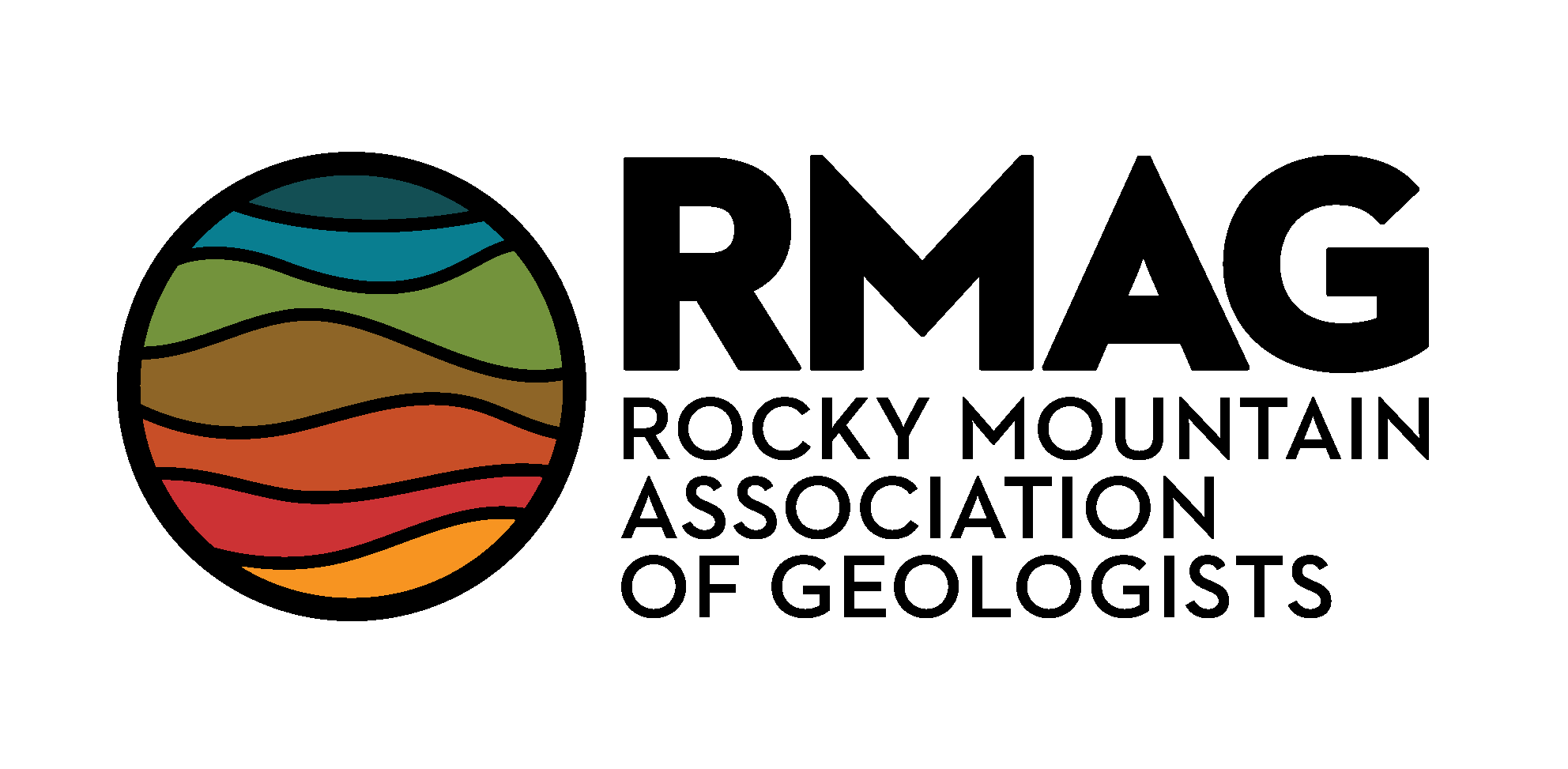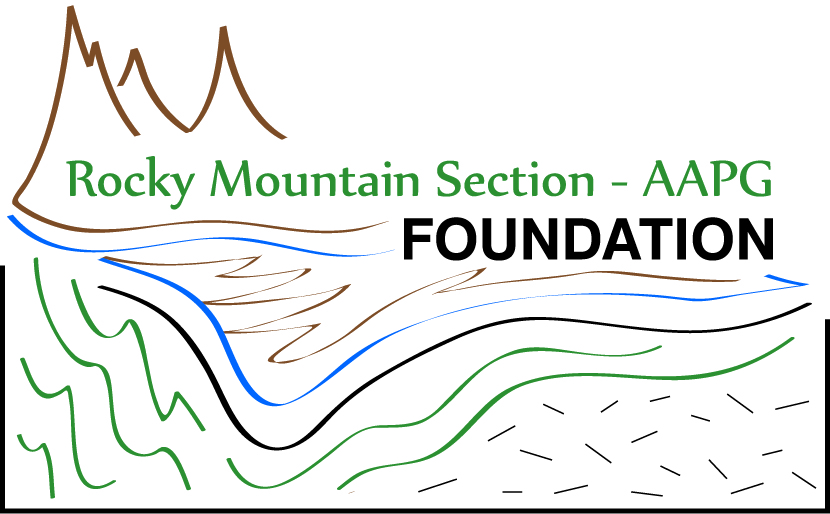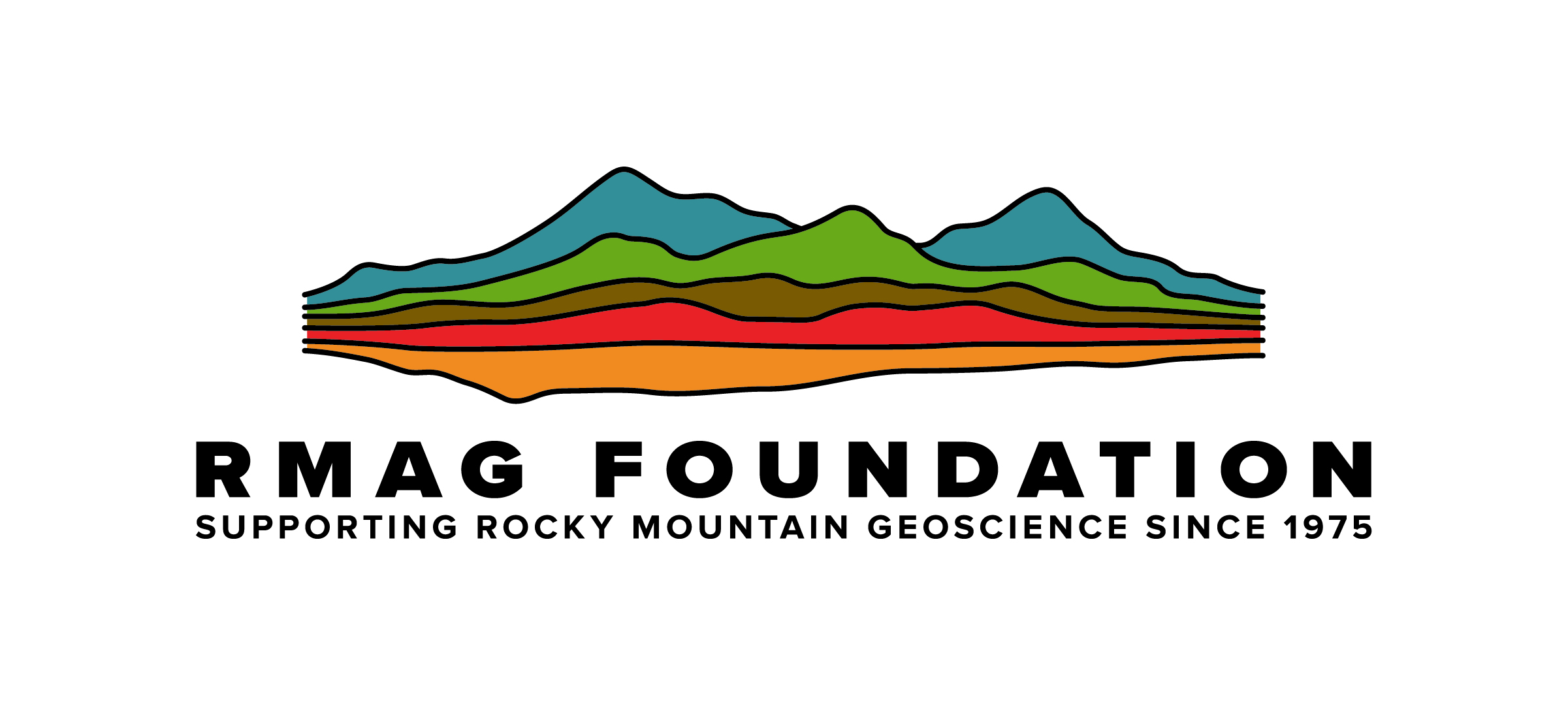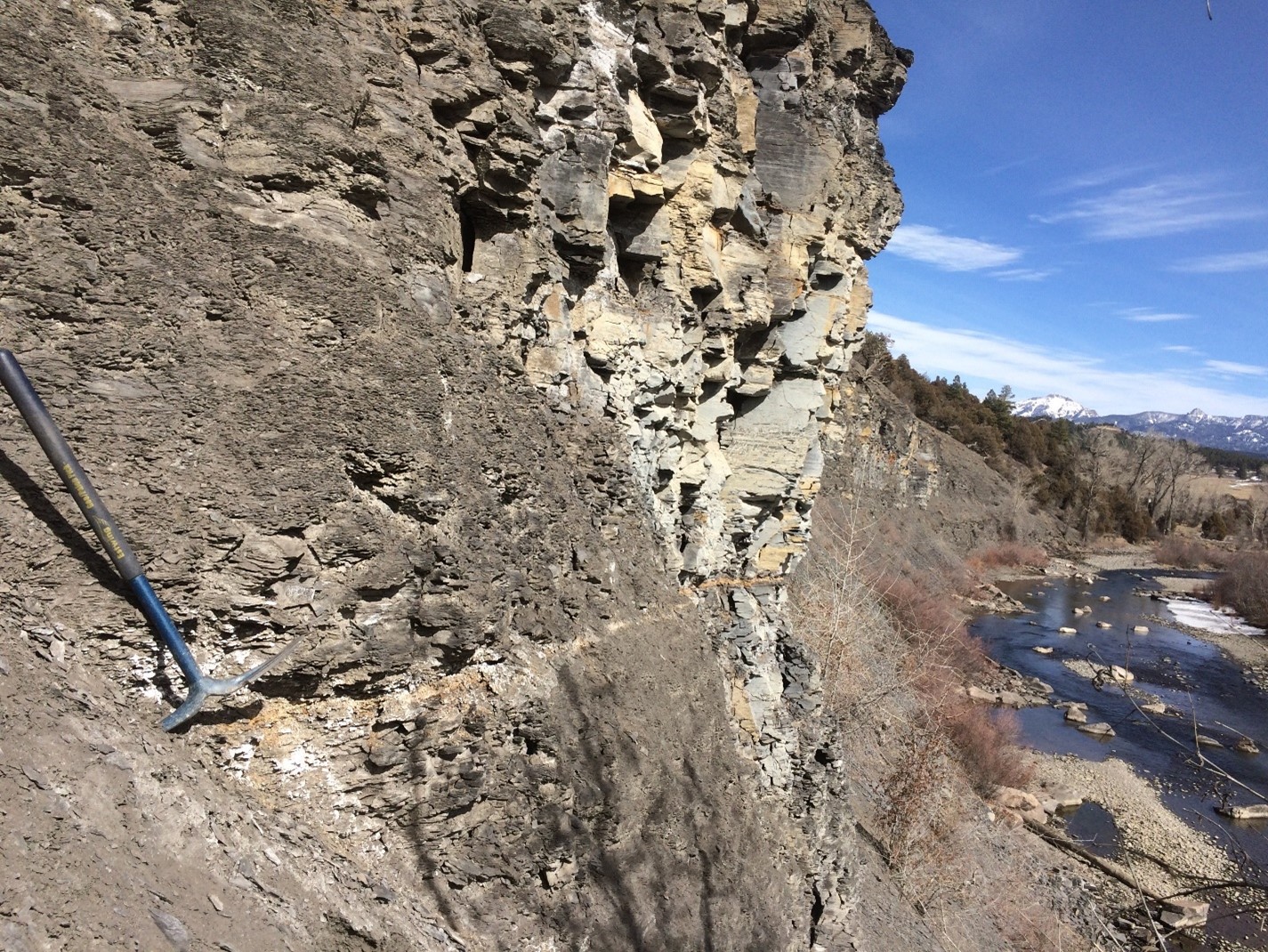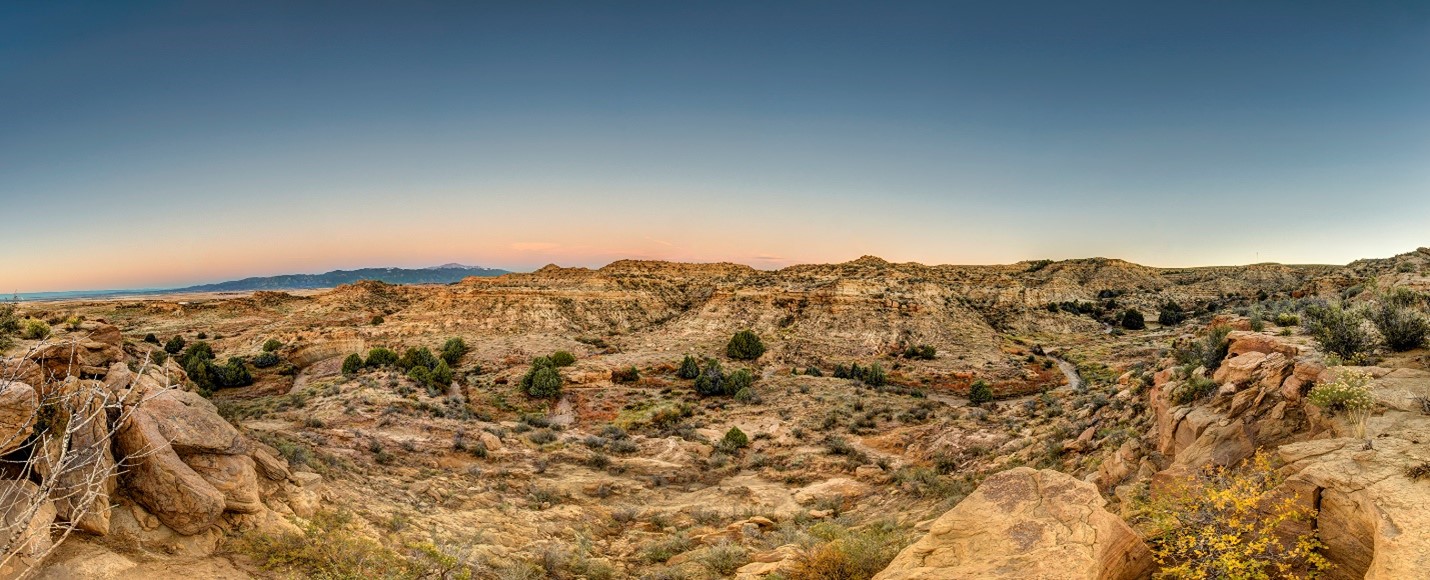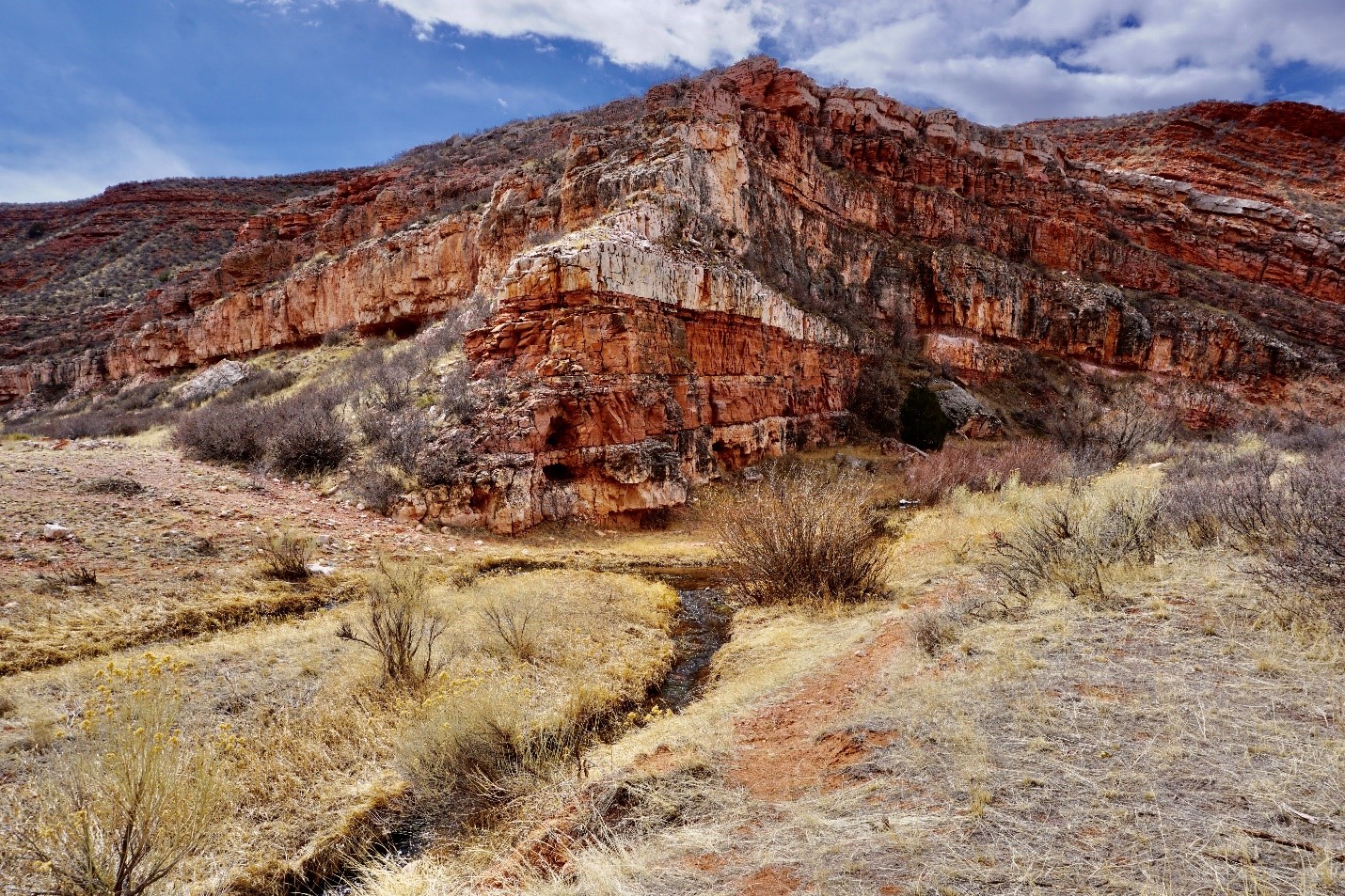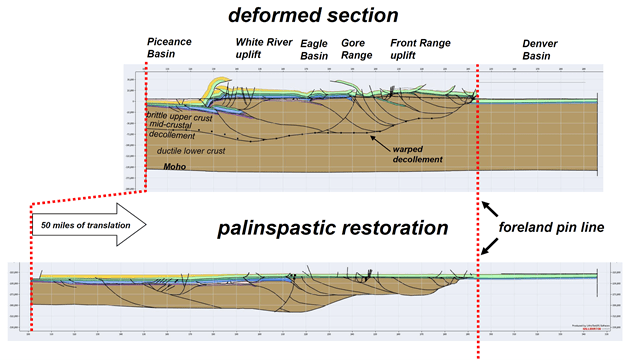Field Trips
The 2022 AAPG Rocky Mountain Section Annual Meeting Field trips are brought to you by the host society: The Rocky Mountain Association of Geologists.
Reduced student pricing for short courses and field trips generously provided by The RMAG Foundation and The RMS-AAPG Foundation.
Pre-Conference
Stratigraphy and Reservoir Quality of the Mancos-Niobrara section as seen in Pagosa Springs and Durango (northern San Juan Basin)
Dates: July 22nd, 23rd, and 24th
Instructor: Walter Nelson and Mark Leckie
Cost: $700
Student cost: $400
Includes travel from Denver and lodging in Durango.
Three-day field trip focused on understanding the regional changes in the Niobrara through the Western Interior Seaway. Trip will run between Denver and Durango, with overnight stays in downtown Durango. On the way to the San Juan Basin, we will first examine the Codell Sandstone, Juana Lopez, and lower Niobrara section in Pueblo before observing tremendous lateral changes from the Front Range to the Pagosa Springs area. From there we will observe more lateral changes in the lower Niobrara and Carlile sections as we work our way up-section and westward to focus in on stratigraphic changes in the Mancos and the characteristics of the prolific reservoir zones currently being explored across the basin. Trip participants will be able to view the full Niobrara marine cycle as represented in the Mancos Shale between Pagosa Springs and Durango. We will take the swift and scenic route through Buena Vista on the way back, with options for some brief geological and/or cultural stops if the group prefers.
Corral Bluff – an Exceptional Fossil Record from after the Cretaceous/Paleogene Mass Extinction
Date: July 24th
Instructors: Tyler Larson, James Hagadorn, Gussie Maccracken
Cost: $75
Student cost: $50
Includes travel from Denver and lunch in the field.
Sixty-six million years ago a 10-kilometer-wide asteroid slammed into Earth and caused the extinction of more than 75% of life on Earth, including the dinosaurs. This was the single worst day for life on Earth. How and when life rebounded in the aftermath of the extinction has been shrouded in mystery due to a poor fossil record immediately after the mass extinction. An extraordinary new discovery at an area called Corral Bluffs, east of Colorado Springs, preserves a remarkably complete fossil record from this interval, illustrating how mammals, turtles, crocodiles, and plants rebounded after Earth’s darkest hour. This field trip will focus on providing a progress report on how fossils, structures, and strata from the Cretaceous-to-Paleogene D1 Sequence at Corral Bluffs impact on our understanding of how Earth and life history changed during this interval.
Post-Conference
Front Range Sequence Stratigraphy Field Trip
Dates: July 27th and 28th
Instructor: Ali Jaffri
Cost: $950. Includes travel from Denver, two nights lodging, and field snacks and refreshments.
This field trip runs between Fort Collins and Golden, Colorado and covers sequence stratigraphy of both siliciclastics and carbonates. Outcrops of Cretaceous marginal marine sandstones that host hydrocarbons in the Denver-Julesburg Basin provide an opportunity for participants to understand reservoir connectivity and compartmentalization. Arid carbonates of the Permian Ingleside-Owl Canyon Formations are an excellent reminder that not all sequence boundaries are associated with karstification and enhanced reservoir quality. Having taught sequence stratigraphy courses across the globe for over a decade we see a pattern in data interpretation pitfalls. The goal of this course to ensure that participants do not repeat sequence analysis mistakes that are rampant in our industry.
Who should attend: This course is meant for all who wish to develop a better understanding of sequence stratigraphy and factors that control distribution, quality, connectivity, and compartmentalization in shallow marine siliciclastic and carbonate reservoirs. The course assumes no prior knowledge of sequence stratigraphy, which is why we strongly urge engineers to enroll.
From Mantle to Mountain Top – Palinspastic Restoration of a Transect across Colorado following Interstate 70
Dates: July 28th and 29th
Instructors: Ned Sterne, Bob Raynolds and Jim Granath
Cost: $325: includes travel from Denver, lodging, and the entrance fee for Glenwood Caverns.
Student cost: $175
This 2-day field trip focuses on a mid-crust to top Cretaceous palinspastic restoration of the central Colorado uplifts in the I-70 corridor based on outcrop, strike analogs, wells, seismic, magnetotellurics and low-temperature thermochronology data. The trip will also include an evening tour of the Glenwood Caverns led by world-class spelunker and karst expert Harvey Duchene.

